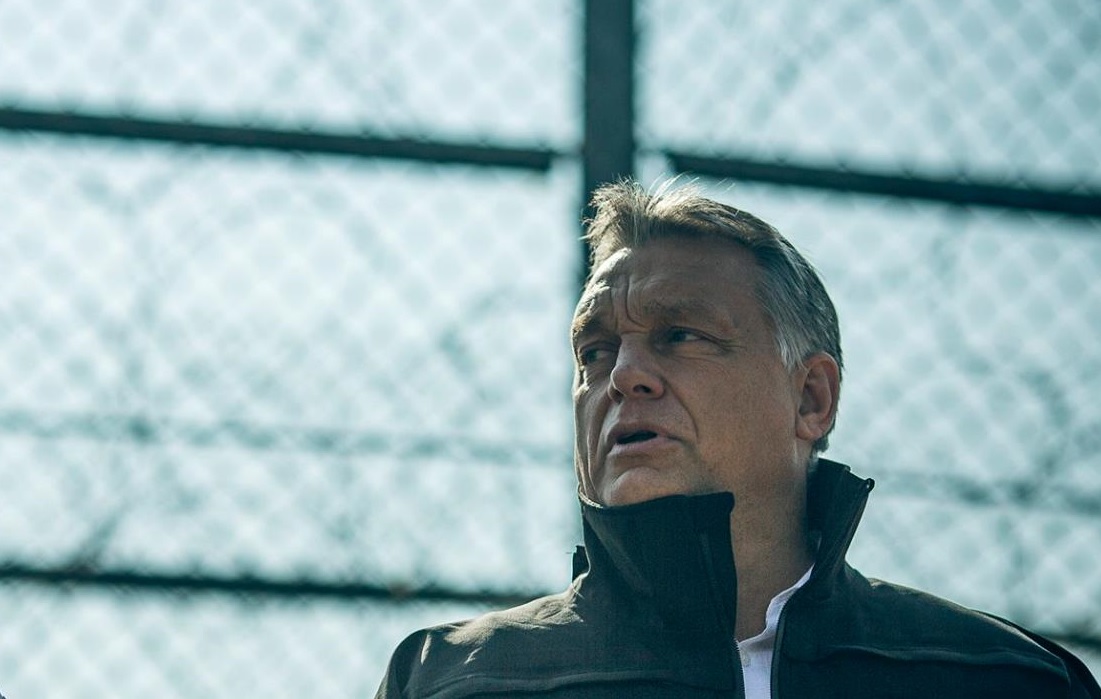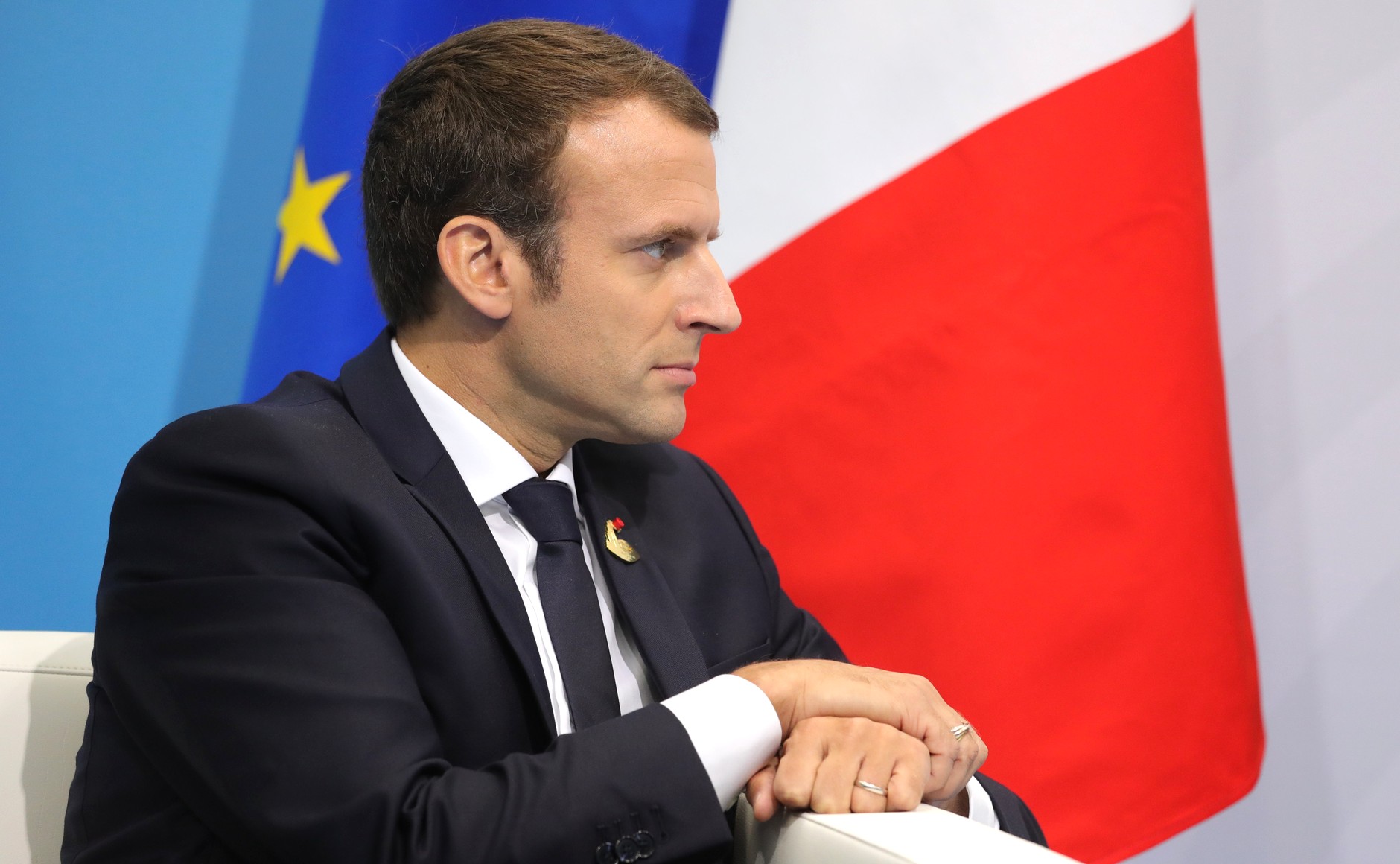With the arrival of Joe Biden as President of the United States, Warsaw finds itself caught between a rock and a hard place. On the one hand, Brussels, Berlin and Paris, now freed from the Eurosceptic Brits, are extending interference and political and ideological pressure under the guise of “European values” and the rule of law, but in reality with the aim of moving the EU towards a quasi-federal model. On the other hand, Washington, where the new administration shares the same “European”, progressive and multiculturalist values as Emmanuel Macron or Ursula Von der Leyen, indeed favors rapprochement with Brussels, Berlin and Paris to the detriment of the continent’s most Atlanticist capitals, namely London and Warsaw.
The change in the American administration’s attitude towards London became particularly glaring when, at the beginning of June, American diplomacy sided with the EU and exerted pressure on London in the dispute between the British and the Europeans over the Northern Ireland protocol. Following Brexit, that protocol imposes customs controls between Great Britain and Northern Ireland – that is, within the UK – to avoid land border controls between the two Irelands. Its strict application, as desired by the EU, is causing unrest in Northern Irish Unionist circles. Joe Biden’s administration even threatened the UK with consequences for the possibility of a trade deal if London did not show a little more flexibility toward the EU on this issue. It was unprecedented.
With regard to Warsaw, the change in attitude since the days of the Trump administration, already visible in the fact that the new American president has refrained from any direct contact with his Polish counterpart, became obvious with Biden’s decision to waive sanctions against companies involved in the construction of the Nord Stream 2 gas pipeline. Biden justified his decision by the need to preserve good relations with Berlin, and the Polish authorities were informed of this through the media.
“Our American allies have not found the time to consult the world’s most exposed region,” Polish Foreign Minister Zbigniew Rau said
in an interview with the daily newspaper Rzeczpospolita. “In January, I had my first talks with Secretary of State Antony Blinken. He assured me that ‘nothing will be decided about you without you.’ We agreed that it was urgent to resume the Polish–American strategic dialog. In February and March, when rumors surfaced of confidential discussions between the US and Germany on NS2, we were assured that no such discussions were taking place. We took these statements at face value, even though they contradicted what we knew from other sources. And now I read in news agencies’ reports that discussions are taking place this week in Washington between close associates of Chancellor Merkel and advisers to President Biden on the completion of Nord Stream 2.
This formula for dialog between the United States, Russia, and Germany cannot replace discussions between America and NATO’s eastern flank allies, who will be particularly affected by these decisions. ”
Unlike Biden, in his contacts with the European Union Donald Trump favored relations with the countries of the Three Seas Initiative, including sales of shale gas, which the new American president no longer wants to develop for ecological reasons. Although Biden will not be revisiting the American military presence in Poland and the arms contracts signed during his predecessor’s time in office, relations are much less warm today.
Noting the change in the situation, and being unable to count on a warming of its relations with Moscow on the Hungarian model, Warsaw is intensifying its relations with Ankara and Beijing, in fact following the example of Viktor Orbán’s Hungary in that regard.
Polish President Andrzej Duda’s visit to Turkey in May was an opportunity for Warsaw to confirm the acquisition of 24 Turkish-made combat drones for its army, without a tender, making Poland the second European NATO country, after France, to be equipped with this type of drones. It is also the first NATO country and the first EU country to buy Turkish combat drones. The contract for the purchase of Bayraktar TB2 UCAVs also covers logistics and training. Deliveries will be staggered between 2022 and 2024. At the same time, bilateral agreements were signed in the fields of defense, tourism and sport. Three weeks after President Duda, the Polish Foreign Minister visited Turkey, where he took part in the Antalya Diplomacy Forum on June 18–19. And while the new US president seems more concerned about China’s growing claim to global superpower status than about Russian military power in Eastern Europe,
Poland’s Zbigniew Rau stressed in Antalya that care must be taken to avoid provoking tensions with Beijing.
The Polish minister visited China last May at the invitation of his Chinese counterpart Wang Yi. While in its relations with Turkey, Warsaw seeks to promote Ankara’s rapprochement with the B9 (Bulgaria, Czechia, Estonia, Hungary, Latvia, Lithuania, Poland, Romania, and Slovakia), in its relations with China the Poles favor the 16+1 format: China + Bulgaria, Croatia, Czechia, Estonia, Hungary, Latvia, Lithuania, Poland, Romania, Slovakia, and Slovenia (all members of the EU), as well as Albania, Bosnia-Herzegovina, Macedonia, Montenegro, and Serbia. Lithuania, however, has recently abandoned that format of cooperation, believing that it is better to cooperate with China in the framework of the EU as a whole.
An editorial published on June 23 in the Polish daily Rzeczpospolita seems to sum up the Polish motivations behind this change in foreign policy quite well:
“Since the fall of communism, Polish foreign policy had evolved along the Washington–Berlin axis. The first of these capitals gave us a ticket to the Atlantic alliance, the second to the EU. But the boycott by Joe Biden’s administration of Polish authorities accused of violating the rules of democracy, and the fact that Angela Merkel pushed through Nord Stream 2 despite Russia’s increasingly aggressive policy,
made it clear to Poland that it needs more leeway in its relations with America and Germany and to show that it has an alternative. ”




